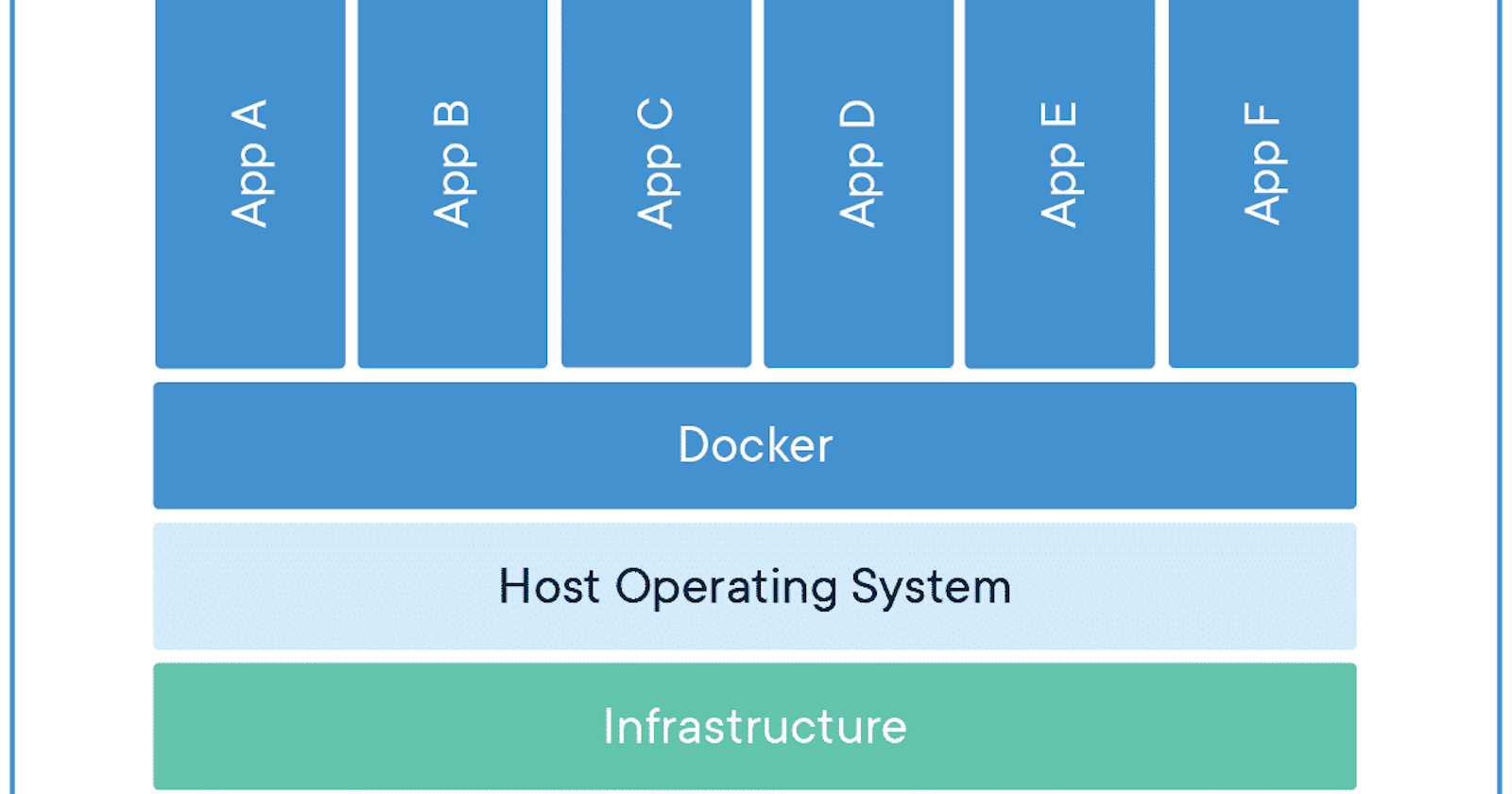Docker and Kubernetes: Introduction, Containers, and Orchestration
DevOps Guide: 1
In today's world, software development and deployment have become more complex than ever. Enterprises need to deploy software quickly and efficiently, and DevOps teams require tools that can help them streamline the process. Docker and Kubernetes are two tools that have gained immense popularity in recent years, as they provide a solution to these challenges.
In this blog, we will explore Docker and Kubernetes, their role in modern software development and deployment, and how they can help DevOps teams to manage containerized applications.
Introduction to Docker
Docker is an open-source platform that allows developers to create, deploy, and run applications in containers. Containers are lightweight, portable, and self-sufficient packages that include everything an application needs to run, such as code, runtime, system tools, libraries, and settings.
With Docker, developers can package their applications into containers and deploy them on any environment that supports Docker. This ensures that the application runs the same way on any machine, regardless of its operating system or hardware.
Docker provides several benefits, such as:
Portability: Applications can be deployed on any environment that supports Docker, without the need to modify them.
Consistency: Applications run the same way on any machine, which ensures consistency and reduces errors.
Isolation: Containers provide an isolated environment for applications, which prevents conflicts between them and ensures security.
Introduction to Kubernetes
Kubernetes is an open-source container orchestration platform that automates the deployment, scaling, and management of containerized applications. It was developed by Google and is now maintained by the Cloud Native Computing Foundation (CNCF).
Kubernetes provides several benefits, such as:
Scalability: Applications can be scaled up or down automatically based on demand, which ensures that resources are used efficiently.
High Availability: Applications can be replicated across multiple nodes, which ensures that they are always available even if one or more nodes fail.
Self-Healing: Applications can be automatically restarted if they fail, which ensures that they are always available.
Load Balancing: Traffic can be load-balanced across multiple instances of an application, which ensures that resources are used efficiently.
Introduction to Containers
Containers are the building blocks of modern software development and deployment. A container is a lightweight, standalone executable package that includes everything an application needs to run, such as code, runtime, system tools, libraries, and settings.
Containers provide several benefits, such as:
Portability: Containers can be deployed on any environment that supports them, without the need to modify them.
Consistency: Containers run the same way on any machine, which ensures consistency and reduces errors.
Isolation: Containers provide an isolated environment for applications, which prevents conflicts between them and ensures security.
Introduction to Orchestration
Orchestration is the process of managing the deployment, scaling, and management of containerized applications. Orchestration tools such as Kubernetes provide several benefits, such as:
Automated Deployment: Applications can be deployed automatically based on predefined rules and conditions.
Scaling: Applications can be scaled up or down automatically based on demand, which ensures that resources are used efficiently.
Self-Healing: Applications can be automatically restarted if they fail, which ensures that they are always available.
Load Balancing: Traffic can be load-balanced across multiple instances of an application, which ensures that resources are used efficiently.
What We Learnt So Far!
In conclusion, Docker and Kubernetes are two tools that have revolutionized modern software development and deployment. Docker provides a solution to the challenge of portability, consistency, and isolation, while Kubernetes provides a solution to the challenge of orchestration. Together, they provide an efficient and reliable solution for DevOps teams to manage containerized applications.
With Docker and Kubernetes, enterprises can deploy applications quickly, efficiently, and reliably, which ensures that they can meet the demands of their customers and stay ahead

